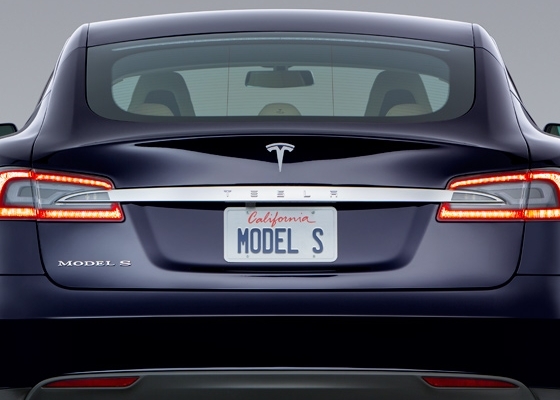Tesla Motors Inc. (NASDAQ: TSLA) has had to deal with more than engine fires. Other luxury manufacturers like Porsche have begun to attack the alternative energy car market on their own. None runs on an engine as revolutionary as Telsa’s. That has started to change as hydrogen fuel-cell cars reach the market.
Toyota Motor Corp. (NYSE: TM) recently started to show its FCV Concept. Its alternative engine works on technology unlike Tesla’s, but the Toyota vehicle may be a magnet to those drivers who have rejected fossil fuels or old-school hybrids. The largest car company in Japan described the engine this way:
FCVs are powered by fuel cells, which generate electricity from hydrogen, which is not only environmentally friendly and highly energy-efficient, but can also be produced using a variety of readily available raw materials. Thanks to these characteristics, fuel cell vehicles are ideal for achieving sustainable mobility. Therefore, Toyota is striving to make this vehicle technology widely available as soon as possible.
And:
At a steady cruising speed, the motor is powered by energy from the fuel cell. When more power is needed, for example during sudden acceleration, the battery supplements the fuel cell’s output. Conversely, at low speeds when less power is required, the vehicle runs on battery power alone. During deceleration the motor functions as an electric generator to capture braking energy, which is stored in the battery.
The Tesla power plant runs on an engine based on lithium-ion electric power, for which the manufacturers described the specs:
The pack weighs 990 pounds, stores 56 kWh of electric energy, and delivers up to 215 kW of electric power. Tesla battery packs have the highest energy density in the industry. To achieve this energy density, Tesla starts with thousands of best-in-class Lithium-ion cells and assembles them into a liquid-cooled battery pack, wrapped in a strong metal enclosure. The battery is optimized for performance, safety, longevity, and cost.
Is the Toyota or the Tesla engine superior? Engineers would say the technologies bear little relationship to one another. While true, that does not indicate whether a broad distribution of Toyota’s product will hurt Tesla. Apparently the hydrogen fuel-cell vehicles show enough promise that Honda Motor Co. Ltd. (NYSE: HMC) and Hyundai will follow Toyota into the market. So, three of the world’s largest car companies can use their marketing and distribution prowess to flank electric-powered vehicles.
Toyota’s engine does not run on the same technology as Tesla’s. Tell that to the public when the Japanese car company begins to trumpet the advantages of hydrogen fuel-cell vehicles.
It’s Your Money, Your Future—Own It (sponsor)
Are you ahead, or behind on retirement? For families with more than $500,000 saved for retirement, finding a financial advisor who puts your interest first can be the difference, and today it’s easier than ever. SmartAsset’s free tool matches you with up to three fiduciary financial advisors who serve your area in minutes. Each advisor has been carefully vetted and must act in your best interests. Start your search now.
If you’ve saved and built a substantial nest egg for you and your family, don’t delay; get started right here and help your retirement dreams become a retirement reality.
Thank you for reading! Have some feedback for us?
Contact the 24/7 Wall St. editorial team.




